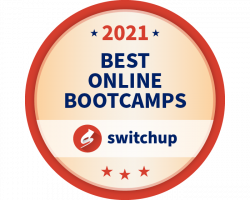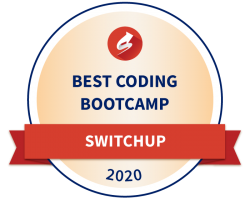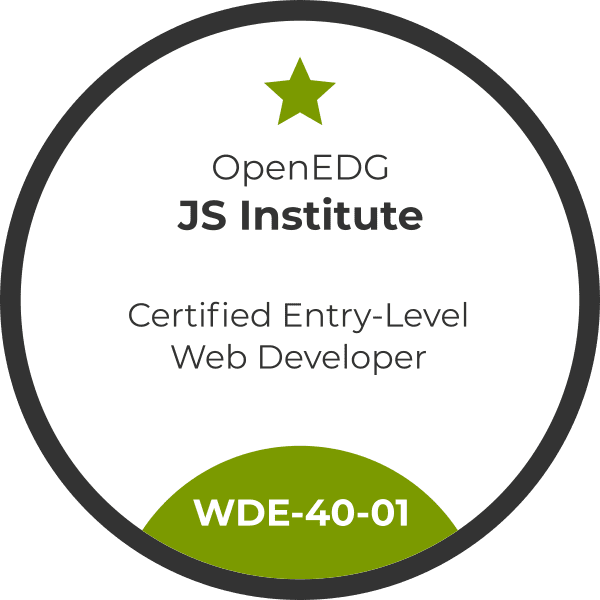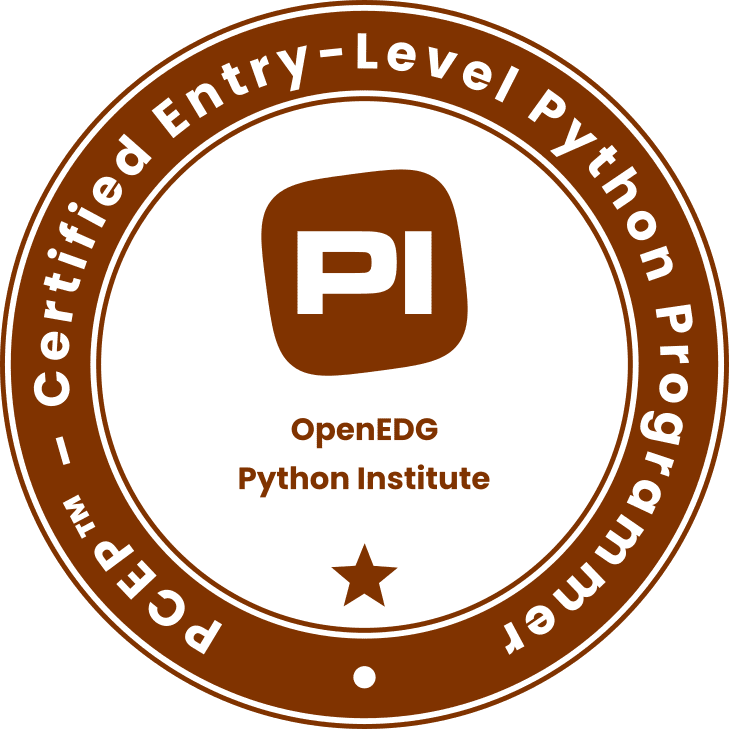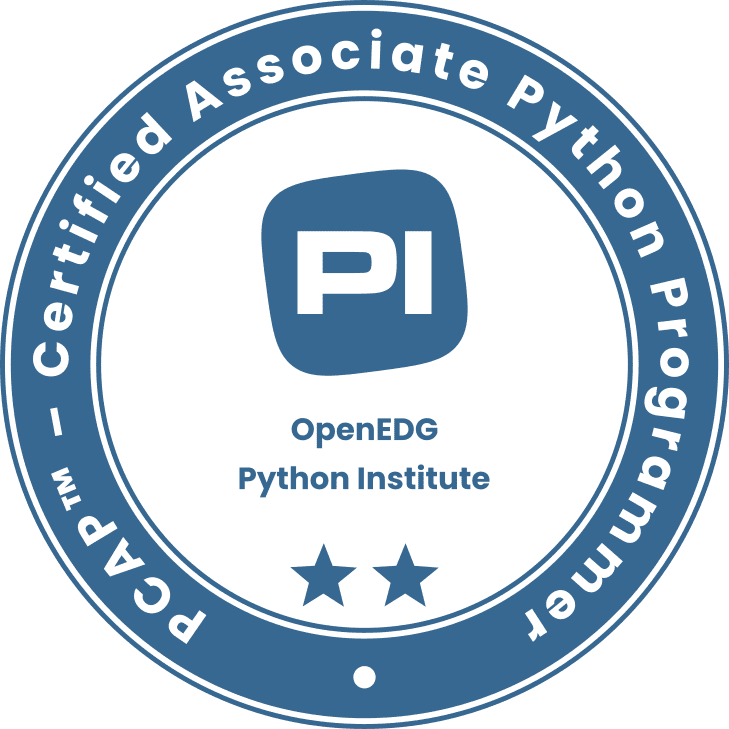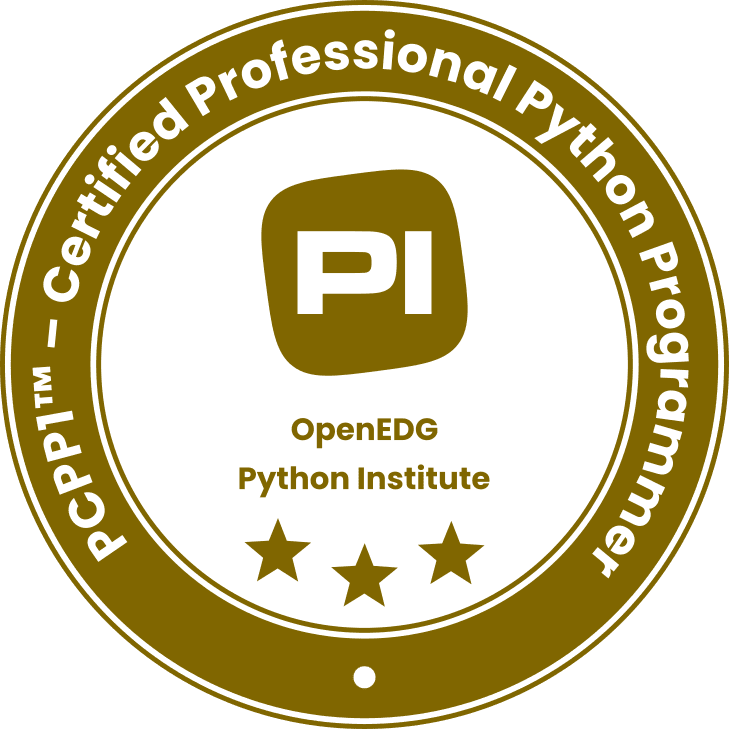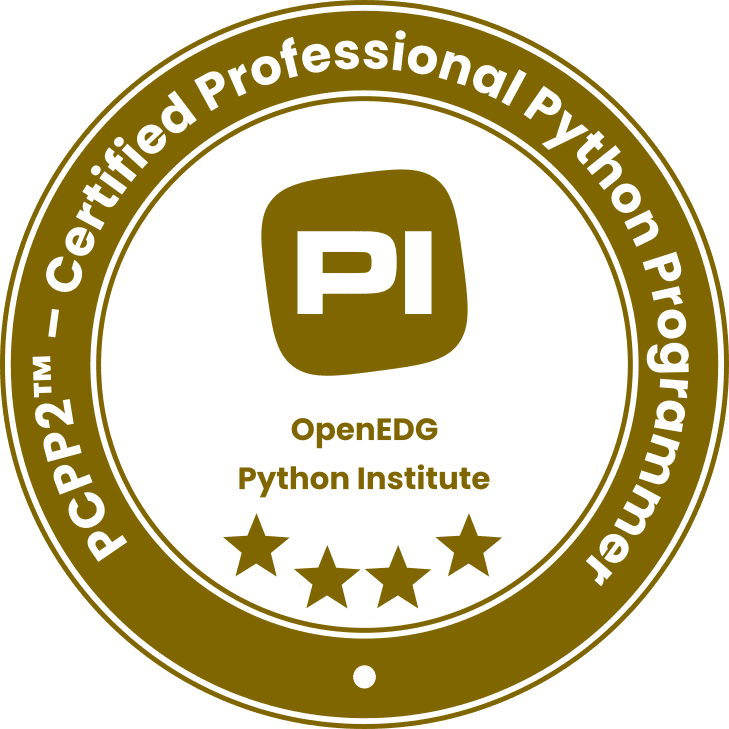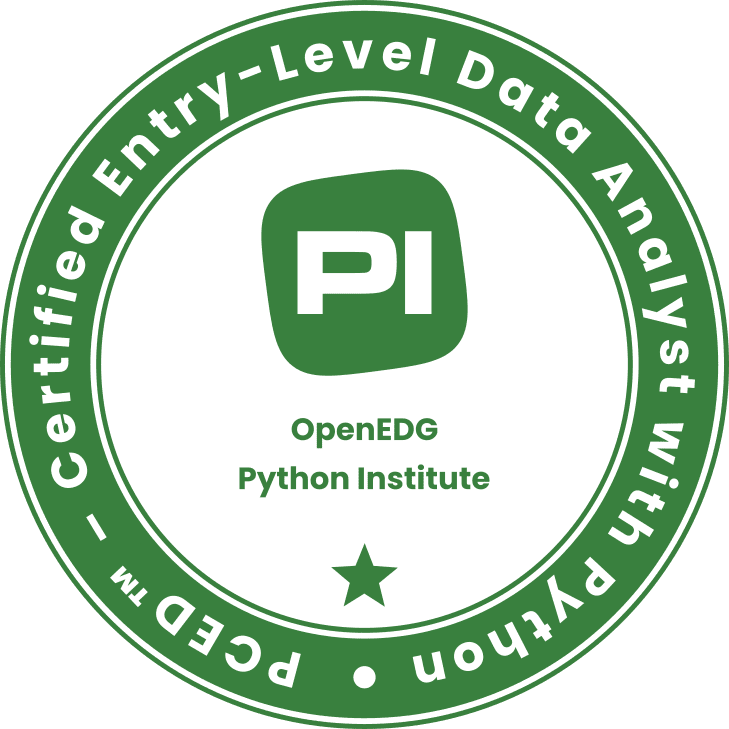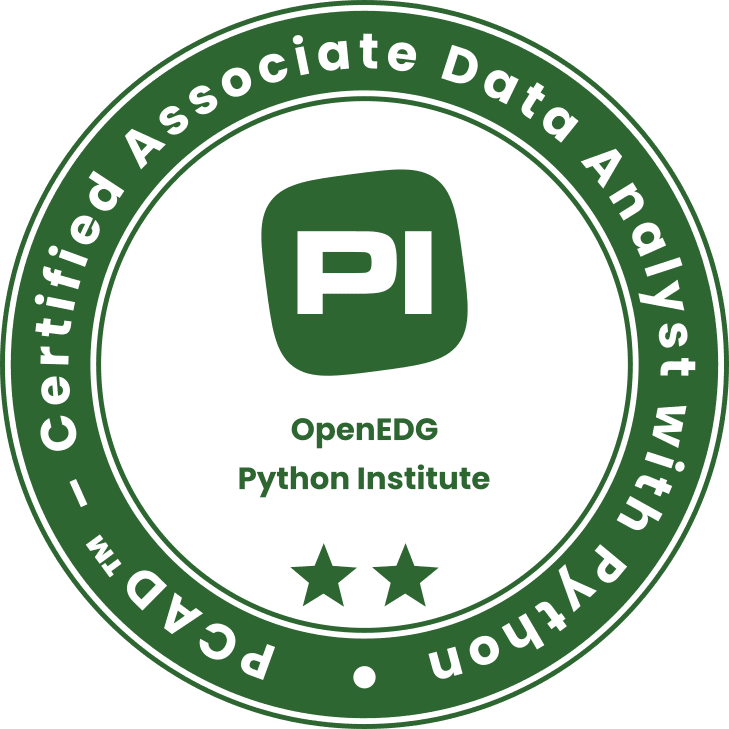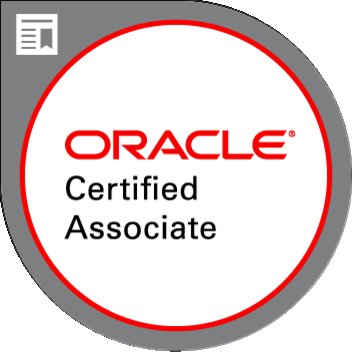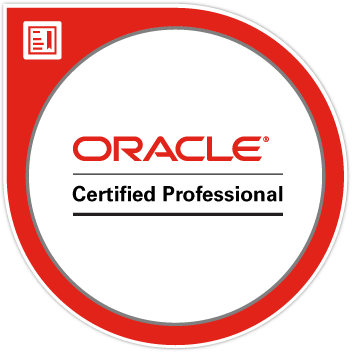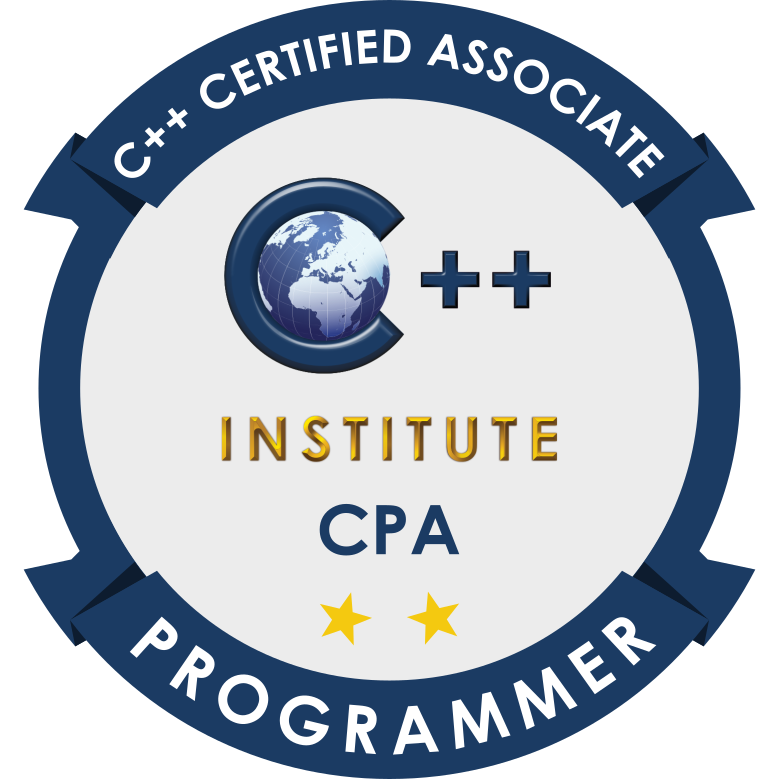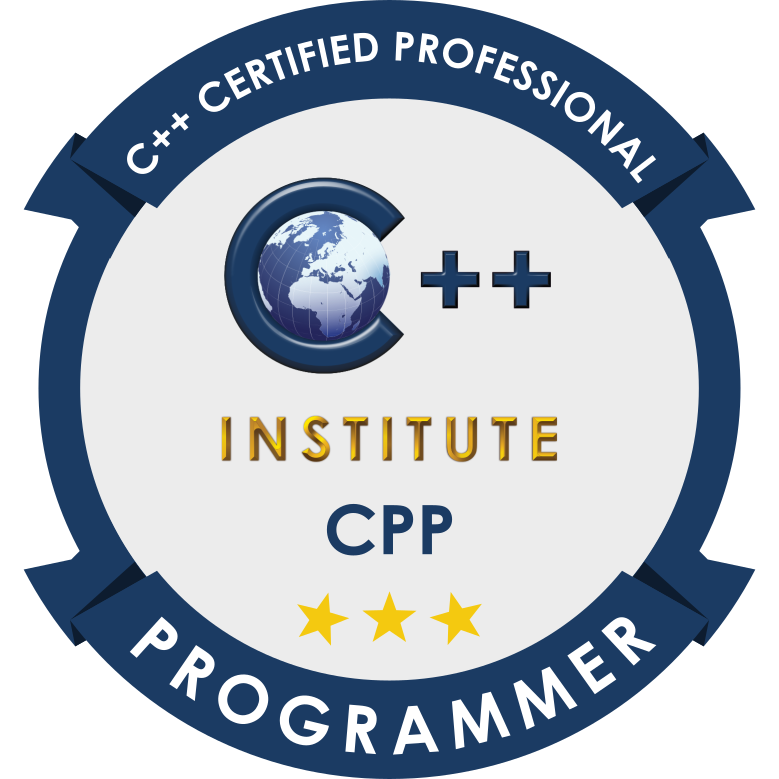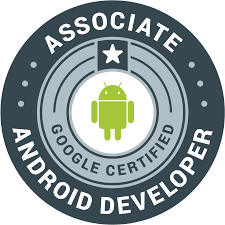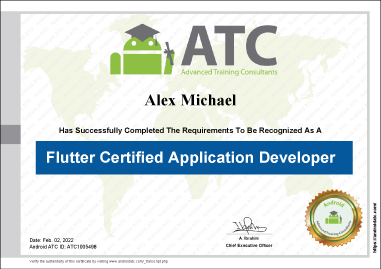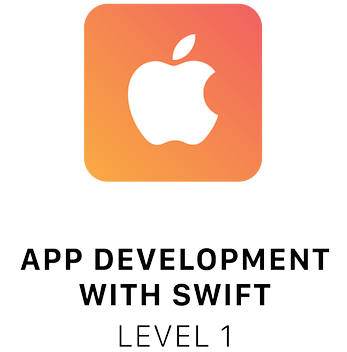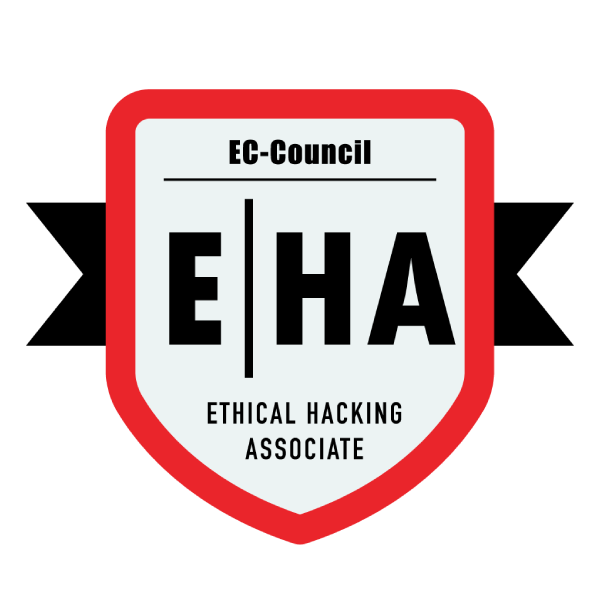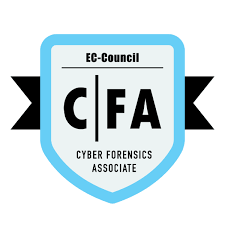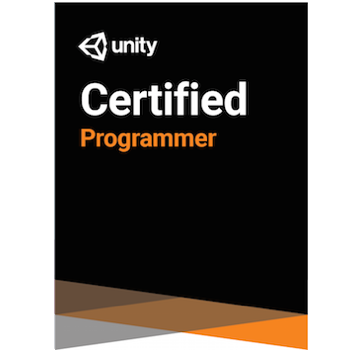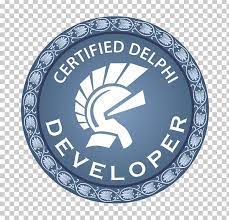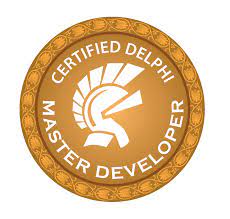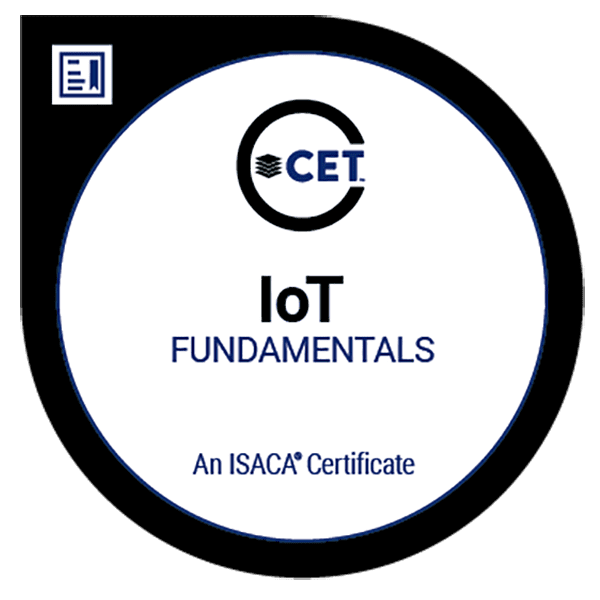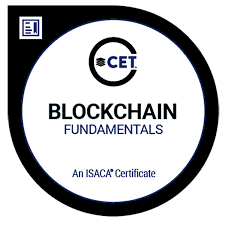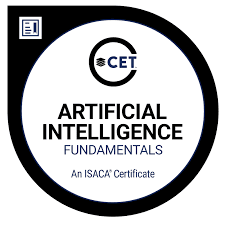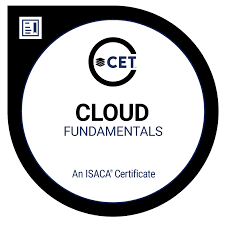Spring Framework Courses South Africa
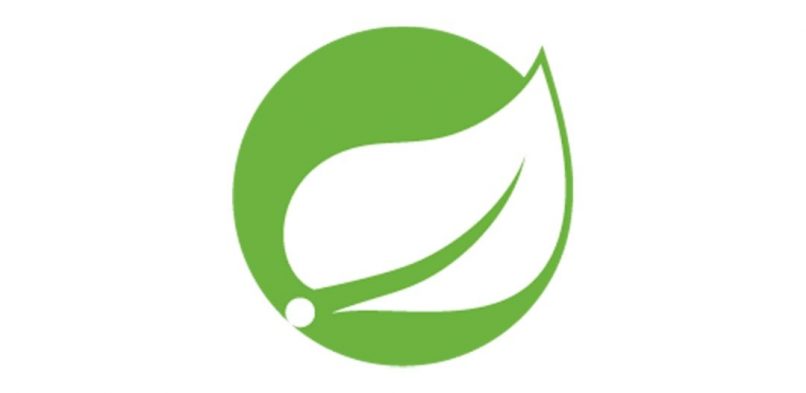
Spring Framework Courses South Africa
November 21, 2023 No Comments on Spring Framework Courses South AfricaSpring Framework Courses South Africa
Spring Framework Training Courses in South Africa
All in all South Africa is a country on the southernmost tip of the African continent, marked by several distinct ecosystems. Inland safari destination Kruger National Park is populated by big game. The Western Cape offers beaches, lush winelands around Stellenbosch and Paarl, craggy cliffs at the Cape of Good Hope, forest and lagoons along the Garden Route, and the city of Cape Town, beneath flat-topped Table Mountain.
- RabbitMQ with Java and Spring. 20 hours.
- Spring and Hibernate in Java Applications. 20 hours.
- Java Spring. 10 hours.
- Java 8 and Spring.
- Spring Webflux.
- Spring 5.
- Build REST APIs with Spring Data REST.
- Java Spring REST, Angular and Openlayers.
Frequently asked questions about the Spring Java Course in South Africa.
About Spring Courses South Africa
All in all Spring enables developers to develop enterprise-class applications using POJOs. Thus Spring’s web framework is a well-designed web MVC framework. Furthermore provides a great alternative to web frameworks. In turn such as Struts or other over-engineered or less popular web frameworks.
Spring Core & Spring Boot Training Overview
Spring Core
Our Spring Core training equips students with knowledge about Springs core IOC container, Spring MVC framework, Spring Data with JPA and JDBC, Spring Aspects and Spring Rest. This is an essential course to provide a solid foundation for using Spring core and Spring ancillary technologies in your projects.
Spring Boot
Our Spring Boot training teaches students the skills required to master Spring Boot, the rapid application development tool that simplifies the bootstrapping and creation of Spring based applications. Although we recommend that one does the Spring Core course first it is not a requirement for this course. Knowledge of Spring Core makes troubleshooting Spring Boot errors much easier
Cloud Foundry
Besides the popular Spring Core and Spring Boot courses we also organise training, on request for the following Cloud Foundry platforms and tools:
- Pivotal Cloud Foundry Developer Training
- Pivotal Cloud Foundry Operator Training
- Spring Cloud Developer Training
- Spring Cloud Data Flow Developer Training
Overall learn spring anytime and anywhere. We have 3 training options and we have award-winning code courses. In turn identify and implement client side and integration technologies. Thus learn how to create and manage your own java applications.
Spring Core
Our Spring Core training equips students with knowledge about Springs core IOC container, Spring MVC framework, Spring Data with JPA and JDBC, Spring Aspects and Spring Rest. This is an essential course to provide a solid foundation for using Spring core and Spring ancillary technologies in your projects.
Spring Boot
Our Spring Boot training teaches students the skills required to master Spring Boot, the rapid application development tool that simplifies the bootstrapping and creation of Spring based applications. Although we recommend that one does the Spring Core course first it is not a requirement for this course. Knowledge of Spring Core makes troubleshooting Spring Boot errors much easier
Cloud Foundry
Besides the popular Spring Core and Spring Boot courses we also organise training, on request for the following Cloud Foundry platforms and tools:
- Pivotal Cloud Foundry Developer Training
- Pivotal Cloud Foundry Operator Training
- Spring Cloud Developer Training
- Spring Cloud Data Flow Developer Training
Part-Time
Fast forward your career in the IT industry with a part-time Spring courses at School of IT. All in all the Part-time courses allow working professionals to transition into a new skill set while working. In turn at School of IT we are agile and can customize a Java course to the individual. Start anytime and choose your hours!
Full Time
Are you ready to start a career in IT? In turn learn to code in Java as a full time student at School of IT. Thus beginning your career as a Java developer. Start anytime and manage your own contact hours with your mentor!
High School
In addition prepare for the future by learn to code in Java while you’re still in high school. Have the option to get internationally accredited and recognized before you even finish school!
Corporate
All in all upskill yourself or your company by learn to code while you’re working. Thus no matter where you are, you can upskill yourself and get internationally accredited and recognized in under 3 months!
Overall by the end of the intro Spring java course students will have usable knowledge of the following:
- Overview of the Spring Framework.
- Use the Spring Framework to develop Java applications.
- Understand a basic Web application with Spring MVC.
- Use Spring to easily build REST web services.
- Use the Spring expression Language (SpEL).
- Learn @postconstruct and @predestroy.
- Learn about Methods, functions coupled with sequential code.
- Describe the Factory pattern.
- Use Spring Data JPA and JDBC to rapidly implemen relational database access.
Overall by the end of the Hibernate courses South Africa students will have usable knowledge of the following:
Hibernate Training Outline
Module 1: Hibernate Architecture
- Basics of Java
- What is Hibernate?
- Advantages
- Databases
- Hibernate Architecture
- Elements of Hibernate Architecture
- Session Factory
- Primary Key
Module 2: Hibernate Query Language (HQL)
- Hibernate Query Language
- Fetching Records
- Constructs
- HQL Syntax
- Query Interface
- Instance of a Query
- Session Object
- Fetching Rows of Data
- Fetching Records from a Table
- Pagination
- Using Named Parameters (HQL)
- Aliases
- Native SQL
- Case Sensitivity
- Associations and Joins
- Select Clause
- Aggregated Functions
- Polymorphic Queries
- Expressions in the Where Clause
- Updating and Deleting Data
- Aggregated Methods
Module 3: Composite Identifiers
- Introduction to Composite Identifiers
- Setting the Composite-id Identifiers
- Using Primary Key Class @Id
- Using Primary Key Class and @Embeddedld
- Using @IdClass
Module 4: Object Relational Mapping (ORM)
- Object Identity
- Object Relational Mismatch
- Mapping an Object Model
- ORM Advantages
- Object Relational Mapping
- Domain Model
Module 5: Working With Persistent Objects
- Persistence Lifecycle
- Persistent Object
- Cascading Persistence
Module 6: Persistence
- Persisting Maps
- Annotations
Module 7: Associations
- Multiplicity
- Directionality
- One-to-One Association
- ID Generation Strategies
Module 8: Mapping Interface
- Types of Inheritance Mapping
- Table Per Concrete Class
- Table Per Class
- Table Per Subclass
Module 9: Spring and Hibernate Transaction Management
- Spring Framework
- Hibernate Transaction Management
- Transaction Interface in Hibernate
- Spring Framework’s Transaction Support Model
- Transactions Interface in Hibernate
- Example
Module 10: Performance and Tunning Optimisation
- Hibernate Performance
- Caching
- Bulk Operations
- Fetching
Module 11: Locking Best Practices
- Locking Strategies
- Optimistic Locking
- Pessimistic Locking
- LockMode Class
Overall by the end of the advanced Spring course students will have usable knowledge of the following:
- Use a BeanFactoryPostProcessor and a Bean PostProcessor.
- Write integration tests using Spring.
- Use AOP pointcut expressions
- Thus an Introduction to Data Management with Spring.
- Use Spring’s DataAccessExceptionHierarchy.
- Execute queries using callbacks.
- Implement JPA in Spring.
- Furthermore Use YAML for configuration.
- Use Spring MVC to build RESTful servers.
- Including a Setup spring security in a web environment.
Overall by the end of the Software Development course students will have usable knowledge of the following:
- Learn an Intro Java Course objectives.
- Intermediate Java Course objectives.
- Furthermore an Advanced Java Course objectives.
- Project & test.
(Java + 1 other code language of choice): By the end of the Software Engineering course, students will have usable knowledge of the following:
- All in all an Intro Java Course objectives.
- Intermediate Java Course objectives.
- Further more an Advanced Java Course objectives.
- Including a Project & test.
- Intro of code language 2 (your choice) fundamentals.
- Intermediate code language 2.
- Overall an Advanced code language 2 objectives.
- Project & test.
The career prospects for Java programmers are excellent and high in demand. Java is everywhere: on all platforms and devices and in all countries around the world!
- Junior Java Programmer.
- Java Developer.
- Web Developer.
- Software Developer.
- Software Engineer.
- Android App Developer.
- Systems Architect.

